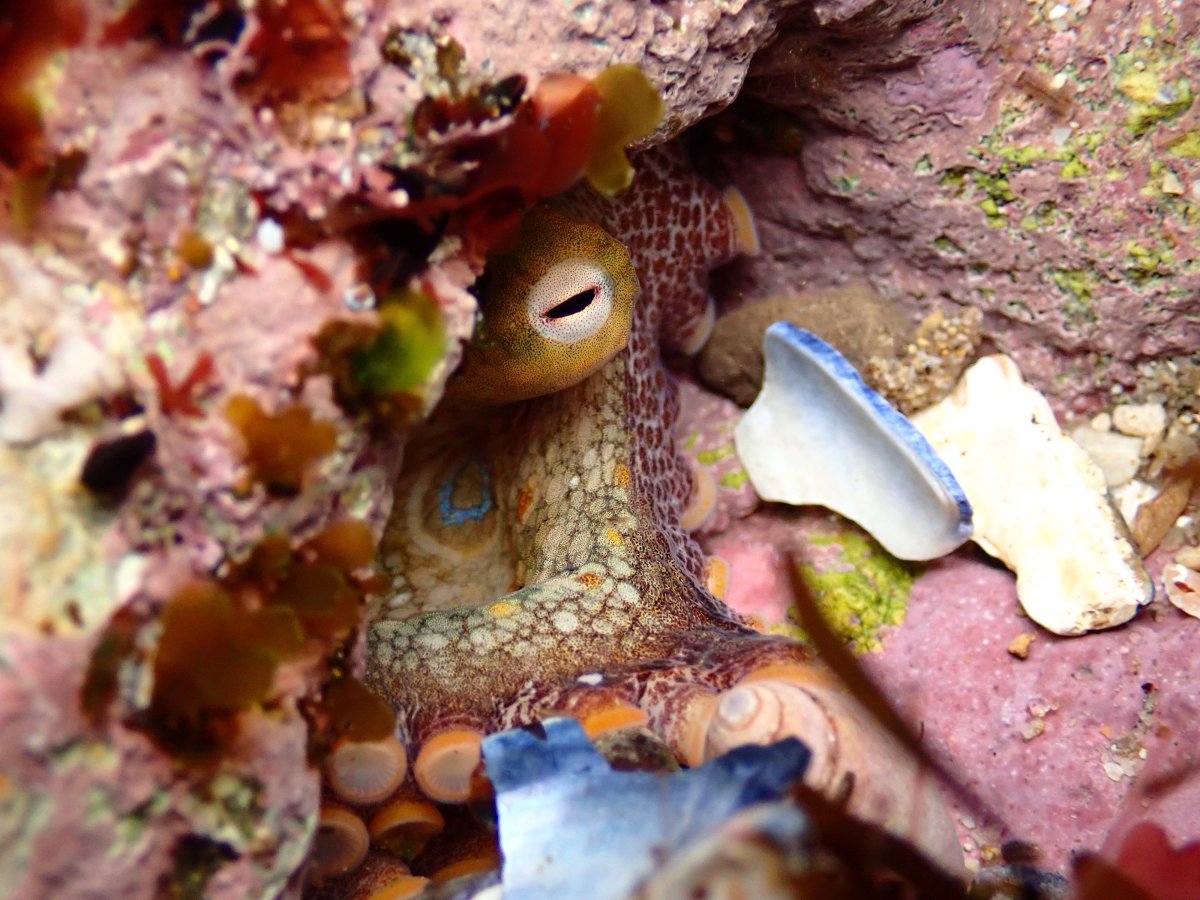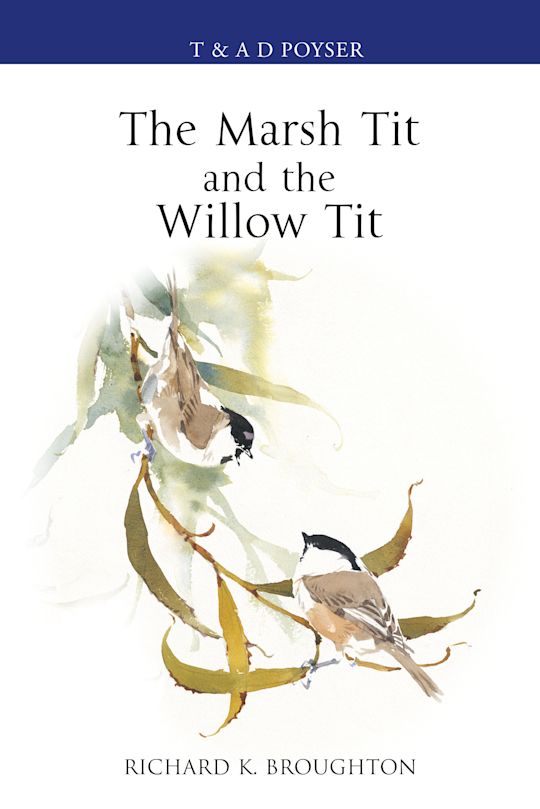What is the Plural of Octopus?

It’s time to settle a debate. One of the most fun creatures to see in the tide pools is an octopus. I’ve even seen two octopi (or octopuses?) nestled together. But what do you call multiple of these animals?
Before we begin, I should say that both of the above terms are acceptable, and even more importantly, a fellow tidepooler will know what you mean whichever one you use. There has been a group of rather elitist scientists who look down on those who use octopuses, but this is silly and exclusive. Don’t feel bad for using either one. I’m a word-nerd outside of tide pooling, so I like to dive into the origins of words. But this article is more for fun than for the gravity of the issue.
Now, for the answer…
For a long time, I thought the answer to this question was octopi, like the plural cacti or syllabi. This form comes from Latin, in which many masculine nouns that end in -us switch to an -I ending when plural. This makes sense for words that English borrows from Latin, like cactus or syllabus. Plus, the double -s at the end is kinda hard to say. But the Latin-form word “octopus” originally comes from Greek.
Now the Greek ending for plural words is -odes, which rhymes with toads. So if we really wanted to get technical, the plural of octopus would be octopodes, but no one says that! So technically, there isn’t a single correct answer, just multiple acceptable forms. Instead of worrying about the plurality rules of ancient languages, just hope you get to multiple octopuses (or -I or -odes) and don’t worry about using the “correct.” Be excited instead!
#Plural #Octopus #Tide



